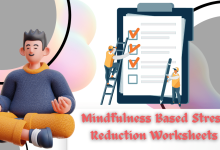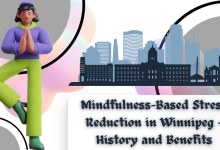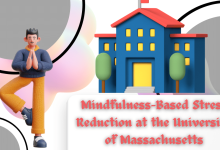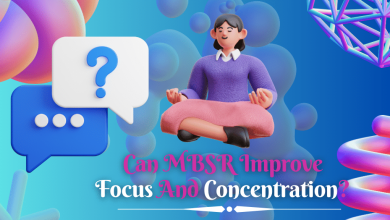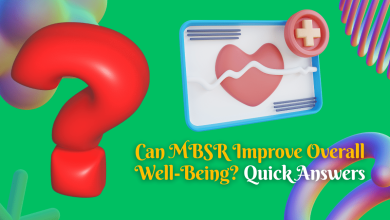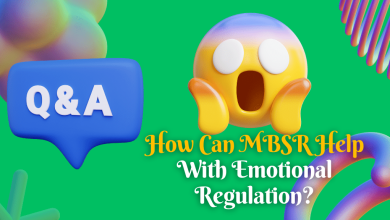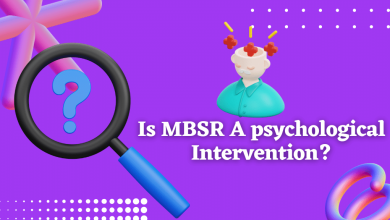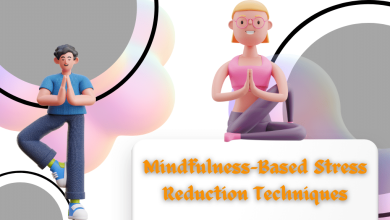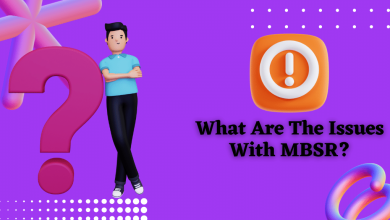What is MBSR And How Does It Work?
What is MBSR and how does it work?
Mindfulness-Based Stress Reduction (MBSR) is a program that teaches individuals how to cope with stress, anxiety, and chronic pain through the practice of mindfulness meditation.
It was developed by Dr. Jon Kabat-Zinn at the University of Massachusetts Medical School in the late 1970s and has since become a widely recognized approach to managing stress and enhancing overall well-being.
The goal of MBSR is to help individuals cultivate awareness of their thoughts, feelings, and physical sensations in the present moment, without judgment or resistance.
By learning to observe these experiences without getting caught up in them, individuals can develop greater resilience to stress and better manage their emotional responses to challenging situations.
The program typically involves eight weekly classes, each lasting two and a half hours, as well as an all-day silent retreat.
During each class, participants engage in a variety of mindfulness practices, including seated meditation, body scan meditation, mindful movement (such as yoga), and mindful communication exercises.
They also engage in group discussions and explore ways to integrate mindfulness into their daily lives.
One of the key elements of MBSR is body scan meditation.
This involves lying down or sitting comfortably and bringing attention to different parts of the body, noticing any sensations that arise without judgment.
This practice helps individuals develop greater awareness of their physical sensations and learn to tolerate discomfort without reacting to it.
Another key element of MBSR is the cultivation of a non-judgmental attitude. This involves learning to observe thoughts and feelings as they arise, without labeling them as good or bad or getting caught up in them.
This practice helps individuals develop greater acceptance of their experiences and learn to respond to them in a more skillful way.
MBSR has been found to be effective in reducing stress and anxiety, enhancing well-being, and improving physical health.
Example
For example, a study published in the Journal of Psychosomatic Research found that individuals who completed an MBSR program reported significant reductions in perceived stress and improvements in mood compared to a control group.
Another study published in the Journal of the American Medical Association found that MBSR was effective in reducing symptoms of anxiety and depression in individuals with generalized anxiety disorder.
MBSR has also been found to be effective in reducing symptoms of chronic pain.
A study published in the Journal of Pain found that individuals with chronic low back pain who completed an MBSR program reported significant reductions in pain intensity and disability compared to a control group.
Another study published in the Annals of Behavioral Medicine found that MBSR was effective in reducing symptoms of fibromyalgia, a chronic pain condition.
MBSR has also been adapted for use in a variety of settings, including healthcare, education, and the workplace.
Example
For example, some hospitals have incorporated MBSR into their treatment programs for patients with chronic pain, cancer, and other illnesses.
Schools have also used MBSR to help students manage stress and improve their academic performance.
And many companies have offered MBSR programs to their employees as a way to promote workplace well-being and reduce stress-related absenteeism.
In summary, MBSR is a program that teaches individuals how to cope with stress, anxiety, and chronic pain through the practice of mindfulness meditation.
It involves eight weekly classes, each lasting two and a half hours, and an all-day silent retreat.
Through practices such as body scan meditation and the cultivation of a non-judgmental attitude, individuals learn to cultivate awareness of their thoughts, feelings, and physical sensations in the present moment, without judgment or resistance.
MBSR has been found to be effective in reducing stress and anxiety, enhancing well-being, and improving physical health, and has been adapted for use in a variety of settings.
